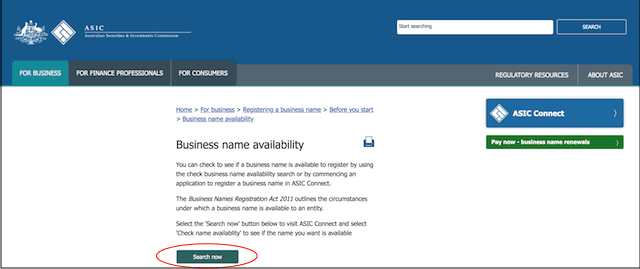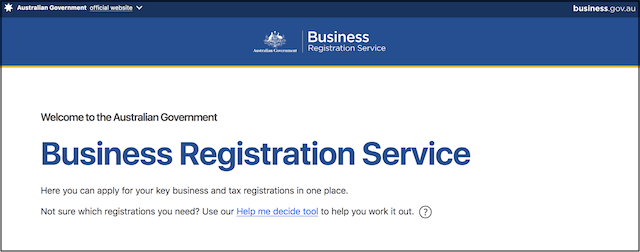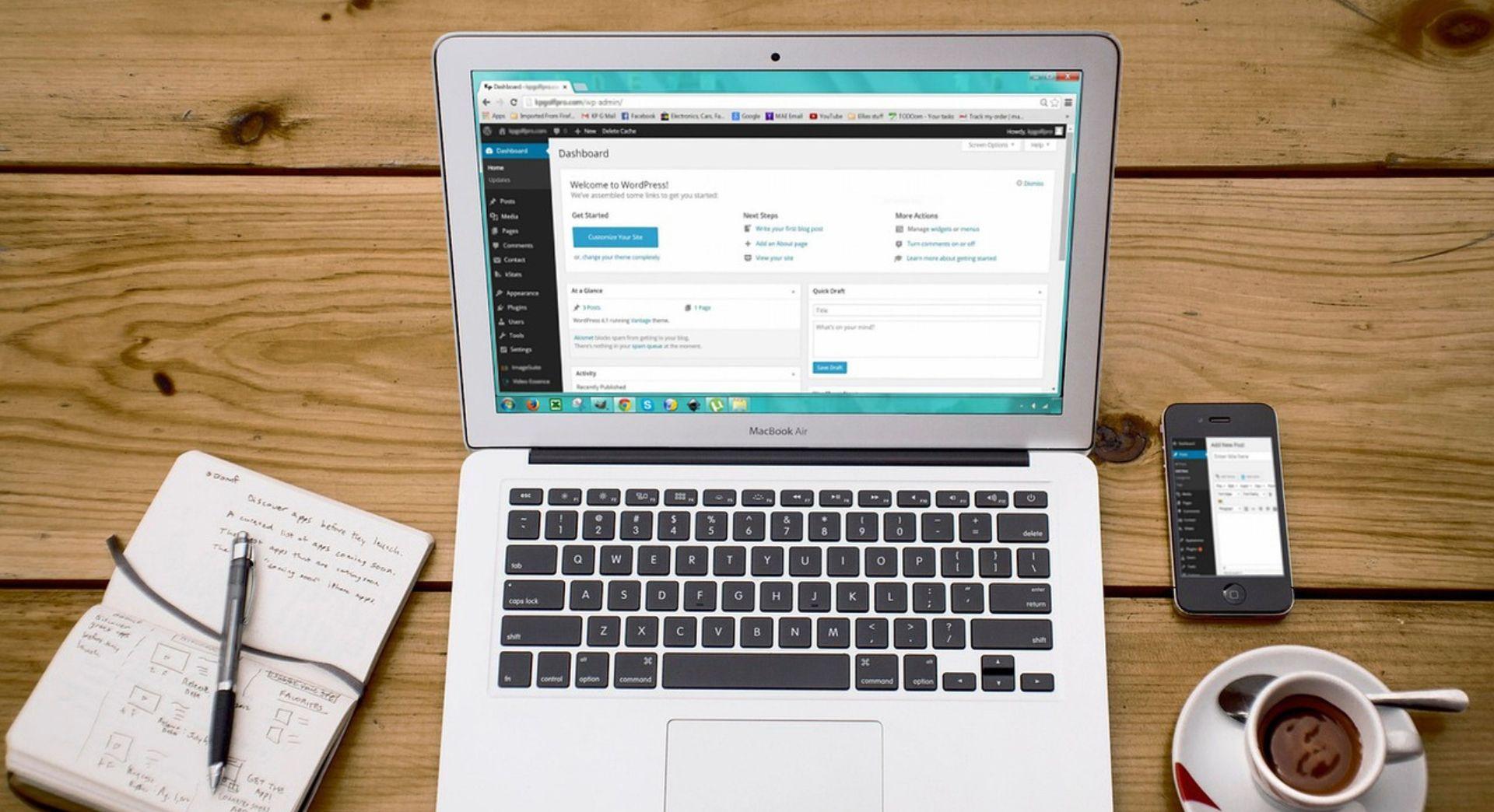So, you’ve finally made the big decision to start your business and become an entrepreneur. Congratulations! Now what? Before I get into how to register a business name, you need to know a few other things.
Here are three important questions this post will answer:
- Why register your business name?
- What are the steps to registering a business name in Australia?
- How much does it cost to register a business name?
Once you’ve learned the answers, we’ll explain the difference between a business name, trading name, trademark and domain name.
Why register your business name?
There are many good reasons to officially register your name before you open your doors:
- It is required by law.
- Your clients need to know who they are buying from.
- You don’t want anyone stealing, using or misappropriating your name once you establish it within the marketplace.
- Once you’re successful, you want clients to refer you to their friends and family — and they can’t do that without a name!
- A well-chosen name can substantially influence your success, even more so now that so much happens online.
- You want to make it easy for people to buy from you, and remembering your name is a big part of that.
What’s more, you want to differentiate yourself from competitors. A business name will help attract the people who want to buy what you have to sell, so you don’t waste valuable time, money and effort with people who want to buy something else or are confused about what you offer.
2. What are the steps to registering a business name in Australia?
There are three steps to registering a business name in Australia:
First, check that the company name doesn’t already exist
In Australia, all businesses are registered with the Australian Securities & Investment Commission (ASIC).
The last thing you want to do is commit to a name someone else already owns.
It’s quick, easy and free to check the ASIC business name register online.

A few search recommendations:
- Search for the exact name you want to make sure no one else has it.
- Vary the name slightly to ensure there aren’t other names that could be confused with the one you want.
- Be creative with spelling variations on your business name — using phonetic equivalents (dawg versus dog) and numeric substitutions (Gr8, 4U, 4you, etc).
Then check domain name availability
In the internet age, you have to make sure the matching domain name is available. Ideally, it will be the same as your business name, as this will avoid confusion when customers look for you online.
Research has shown Australians prefer to buy from companies with web addresses that end in .com.au or .au so they know they are buying from an Australian business.
If you have plans to operate globally, it’s worth securing the .com as well to appeal to consumers outside of Australia.
The primary reason it’s important to have your own unique domain name is because you can’t have a business website without one.
A secondary reason your domain is important is because emailing clients from a generic email account (Gmail, BigPond, Hotmail, etc.) does not give you the professional credibility you need and want — especially when your startup needs it most. Also, it’s worth knowing that generic emails are more likely to be treated as spam because junk mail filters can’t tell if they come from a legitimate business or not.
And finally, register your business name

Now that you have your business name and domain name(s), you want to lay claim to both by registering them. The business name registration process is quite easy. Be sure to register the matching domain name(s) at the same time.
3. How much does it cost to register a business name?
For what most businesses will require, it’s not very expensive to register a business name in Australia.
The current cost to register a business name is less than A0 and takes only a few days for processing.
You’ll want to strike a balance between protecting what is essential to your business (its name) and assessing the value and cost of additional considerations, such as trademarks and multiple domain names.
As your business expands and can financially support the costs, you can revisit the feasibility and strategic value of protecting your intellectual property and brand at regular intervals, possibly during annual corporate planning sessions.
What’s the difference between a business name, trading name, trademark and domain name?
Depending on your needs, you might choose any combination of the following:
Business name
A business name is simply a name or title under which a person or other legal entity trades. Your business name not only identifies you to your customers, but also allows you to differentiate yourself from your competitors. It enables your customers to make an emotional connection to your business and brand. For many businesses, their name is often their most valuable asset. When you register your business name, it will be connected to your Australian Business Number (ABN).
Trading name
A trading name is either your original business name or another name you can use within the same business (ABN). One business can have multiple trading names.
Trademark
 If you want exclusive rights to a name, you should consider protecting it with a trademark. Note that a trade mark is only as valuable as your financial ability to protect it within the legal system. This can be especially expensive when considering protection in overseas markets.
If you want exclusive rights to a name, you should consider protecting it with a trademark. Note that a trade mark is only as valuable as your financial ability to protect it within the legal system. This can be especially expensive when considering protection in overseas markets.
Domain name
The internet is designed in a similar way to streets, cities and countries.
A domain name is your address on the internet and is how people find you.
When you type a URL like GoDaddy.com into your browser, you are typing in a domain name.
How to register a business name in summary
Going into business for yourself is one of the most exciting career decisions you’ll ever make. To make sure you get off to a strong start, follow this step-by-step process on how to register a business.
What we’ve discussed in this post is the importance of selecting a great business name that sticks in people’s minds and how to register a business name to protect your intellectual property as your company takes on the world. Good luck!






